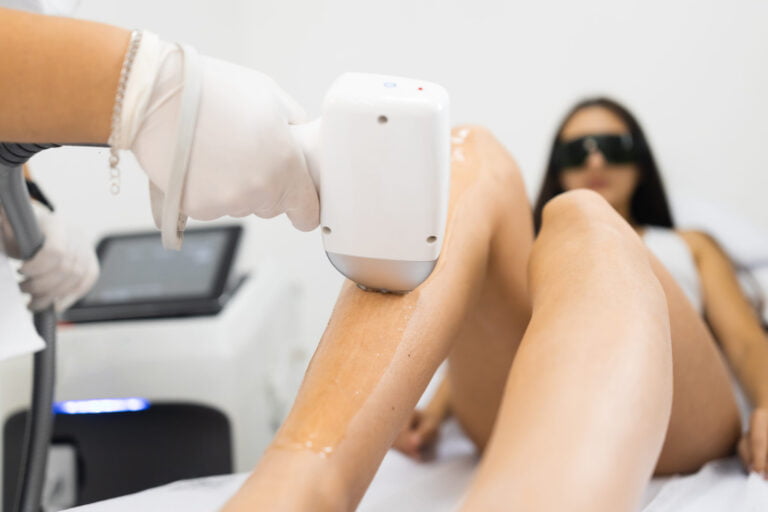There’s no doubt that healthcare travelers are becoming an increasingly important part of our healthcare system. Healthcare travelers are a special category of healthcare workers who provide temporary healthcare services to patients in different healthcare facilities. These workers play a vital role in providing quality care to patients in areas where there is a shortage of healthcare professionals or where the demand for healthcare services is high. While travel nursing jobs are widely discussed, many people don’t realize there are jobs for travel radiology technicians too. If you’re interested, read on to find out how to become a traveling radiology tech.
How can you become a traveling radiology tech?

Travel radiology tech jobs are a fantastic option for those looking for an exciting and fast-paced career. They provide radiologists with opportunities to work in different locations, both domestically and internationally, while gaining valuable experience in the field. The good news is that it’s easier than ever to find jobs for radiologic technologists and other types of healthcare workers. This is because there are staffing and recruitment agencies designed to provide listings for these workers, so you can apply for hundreds of jobs in one convenient location, simplifying the process.
In order to become a traveling radiology technologist, you will need to obtain the appropriate degrees and certifications. Radiologic technologists are responsible for taking images of patients using X-rays, computed tomography (CT), and magnetic resonance imaging (MRI) equipment. A radiologic technologist must be knowledgeable about how these machines work and also how to position patients correctly during an examination. An associate’s degree in radiography will provide you with the theoretical knowledge and clinical experience necessary for entry-level positions.
The certification process for radiologic technologists requires that applicants have completed an accredited program and have passed the American Registry of Radiologic Technologists (ARRT) Examination. Applicants must first submit their application for eligibility through ARRT’s website before applying. After being approved by ARRT, applicants can then register online.
Why should you consider working as a healthcare traveler?

There are many reasons why healthcare professionals choose to work as travelers. One of the biggest advantages is the opportunity to travel and experience new places. Healthcare travelers can choose assignments in different parts of the country, giving them the chance to explore new cities, regions, and cultures. Healthcare travelers also often earn higher wages and receive benefits like free housing, travel stipends, and comprehensive medical coverage. This can be especially appealing for those looking to save money, pay down debt, or simply enjoy a higher quality of life.
Another benefit of working as a healthcare traveler is the opportunity to gain valuable experience and build your professional skills. Healthcare travelers are typically hired to fill short-term staffing needs. This means that you’ll be exposed to new patients, technologies, and treatment methods, so you can be a more well-rounded healthcare professional. Healthcare travelers often work with a variety of healthcare professionals, such as physicians, nurses, and therapists, which can enable you to build a valuable network and connections in the industry.
As you can see, becoming a traveling radiology tech is an exciting and rewarding career, offering the opportunity to explore new places, meet new people, and gain experience in numerous healthcare settings. With the demand for healthcare professionals on the rise, this career offers a unique opportunity to pursue a rewarding and meaningful career. It’s fairly straightforward to become a travel radiology tech, once you obtain the required education and certifications. If you follow the tips in this article, you’ll be on your way to obtaining your first travel assignment and building a career as a travel radiology technologist.




